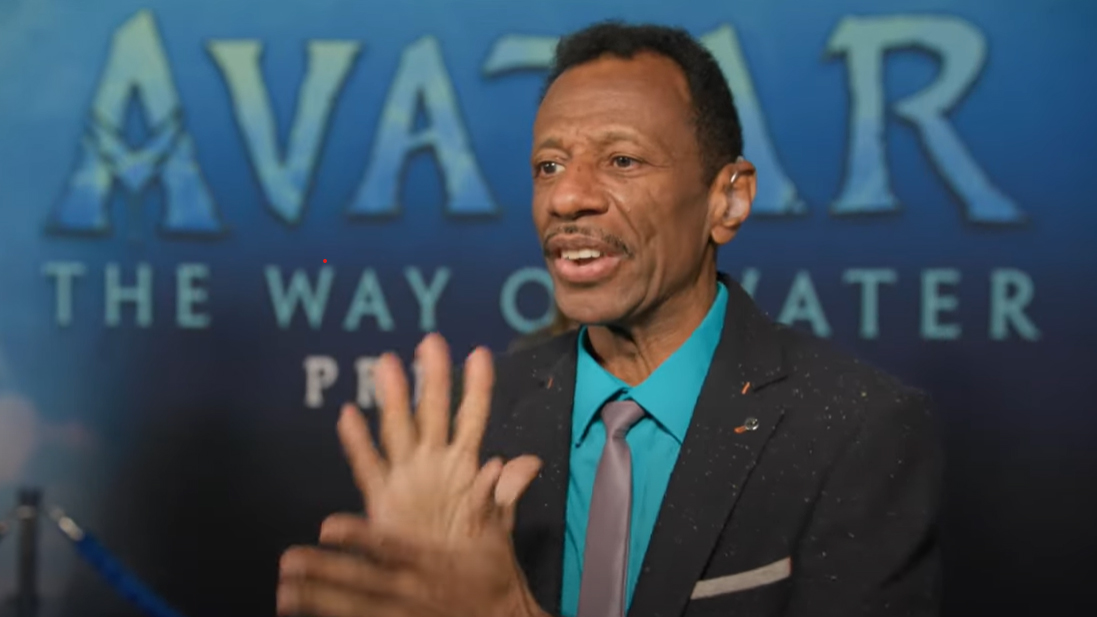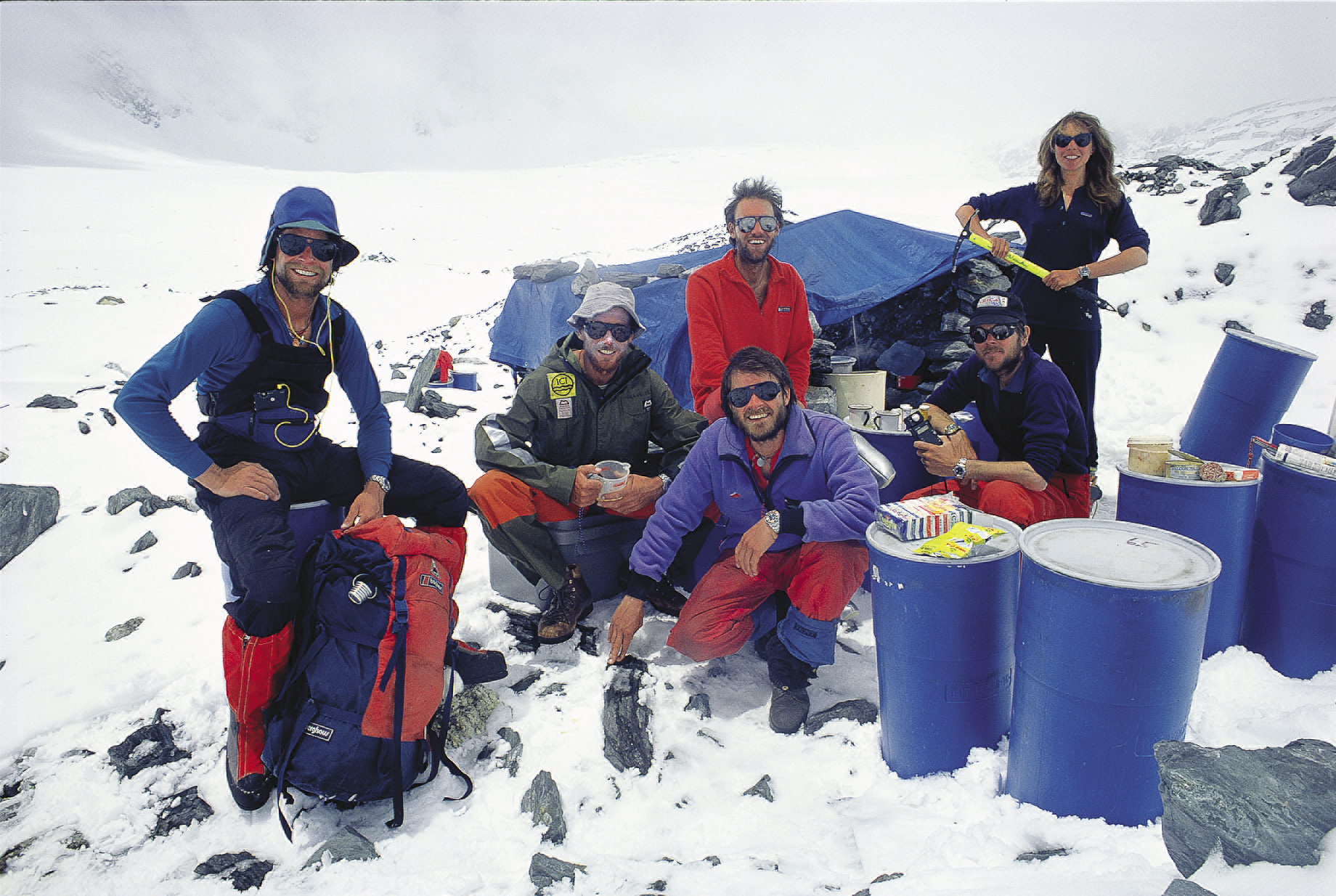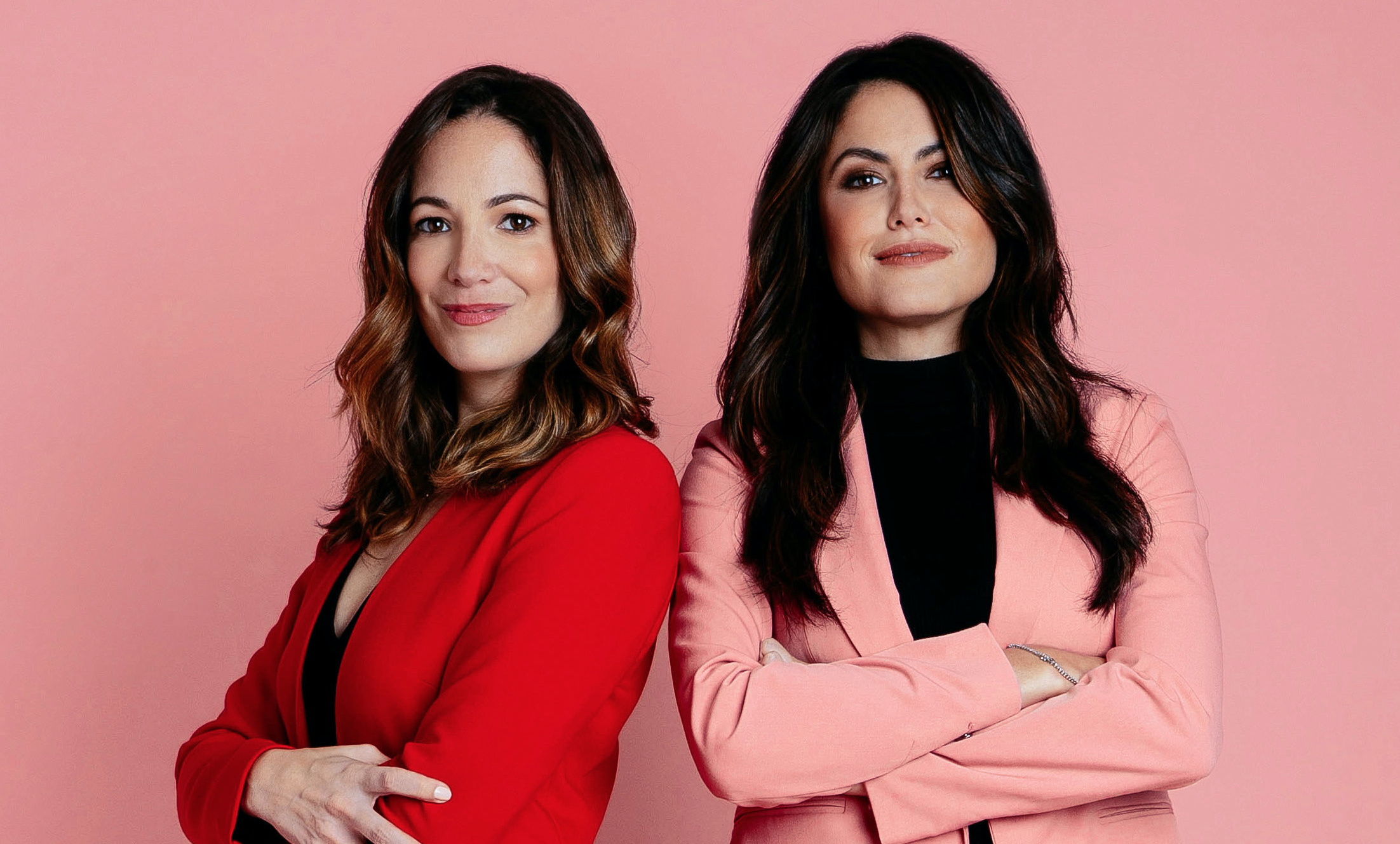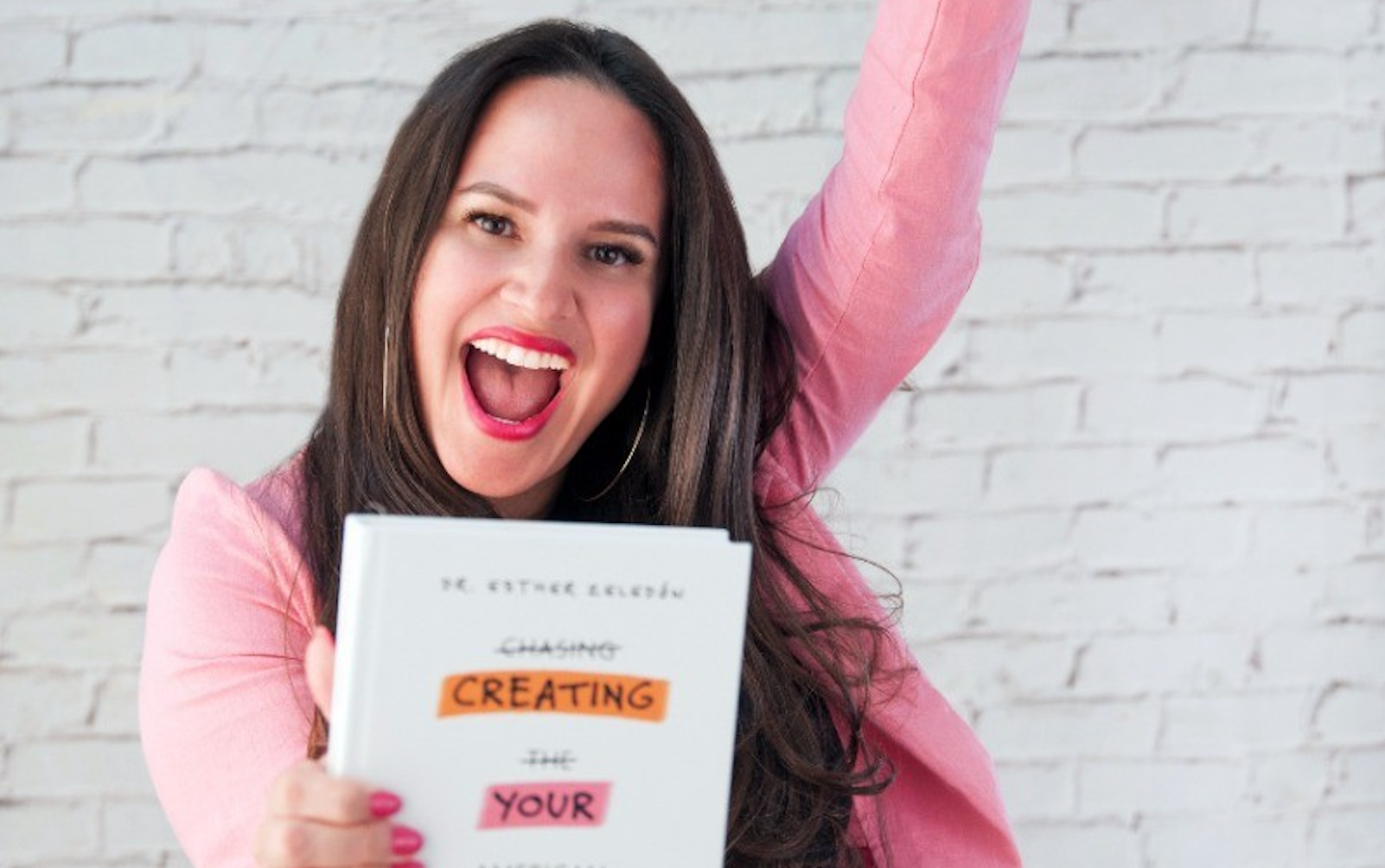
If you are a parent and are in the stage where you are thinking about where to send your child or children to school, the thought of affording private school tuition can feel overwhelming and instantly invoke some anxiety. If you happen to be a family of color, Black, Indigenous, Immigrant, low-income or single parent, the thought of sending your child to a private school may even seem well out of reach.
In America today, that is sadly the general status quo when it comes to education access. And with so much focus on the lack of funding for public schools across the nation, it is clear we need some major change. One woman who is working to change the status quo, and was pretty much born for this fight (as she will explain!) is Collette Bowers Zinn. Remember her name because she is revolutionizing the way we look at education access in the United States.
Collette Bowers Zinn is a fourth generation educator with fifteen years of school administrative experience. Trained as a litigator, she took the talents she developed in the courtroom into the education system, hoping to make a difference. The intersection of litigation and education gave rise to her philosophy and the skillset she uses to help students reach their full potential as students, as members of their different school cultures, and as people.
Collette is the founder of Private School Axis, an access-building organization dedicated to helping underserved families navigate the private school system and improving schools to better serve students of color. Her passion lies in being an “educational support conduit” for schools, classroom educators, parents, administrators, and the students they serve. Collette thrives on finding innovative ways to inspire young people to reach their potential, and she is equally passionate when it comes to finding ways to cultivate dynamic leaders among her fellow educators so that they are able to better connect with and inspire their students and their school communities.
And as if she wasn’t busy enough, Collette is also the co-host of the eRACED podcast alongside Lisa Johnson, who is also an educator and champion of transforming the education system. The two focus on interviews that amplify marginalized voices, and tackle topics that impact particularly Black families today.
Collette is adamant about what the path forward looks like when it comes to innovation within the education system, and in the following interview she talks about the need for equity, less testing for kids (can we get an “amen!”) and a system that values all children no matter where they are from and where they are at academically.
Can you share your backstory behind what brought you to this particular career path?
I like to joke that I was literally born into this career path. My mom is an educator, she was the head of a school for 44 years at the same private school in Los Angeles before she retired and she serves on many educational boards. Education is what I’ve known my entire life. Initially I actually tried to fake it and act like I was destined to do something else, so I went to law school. I was doing litigation, interning in the DA’s office, and graduated from law school. I realized I couldn’t be a district attorney and pay back my loans. I was doing some entertainment law training then, and really had to reckon with my true calling, my passions, and what was going to get me up every day and allow me to feel really good about the work that I do. I had to accept the fact that I was afraid of jumping into the same profession as my mom, with her same name, in the same city.
But I did it regardless. I participated in a change of career fellowship with LAUSD – Los Angeles Unified School District. When that fellowship was done, there was a hiring freeze. At that time, I had to reflect and accept that I went to private schools my entire life. I understand private schools; I’m genetically linked to private schools. So I transitioned into working in private schools, and that’s how I started my career in education.
Can you share the most interesting story that happened to you since you started your career, and what lesson you learned from that?
As a Black woman in schools, particularly in private schools, I had a very interesting time in all of my 15 years working in schools. I had to accept that they’re not ready for us. They’re not welcoming of Black women or leaders of color, much less Black women leaders of color who are outspoken and clear about speaking up on the behalf of those who don’t have voices.
It was hard. There were moments that I was all over the map mentally and emotionally. The most important lesson that I learned is that I am who I am, and that is a great thing. I needed to and have successfully forged my own path to a place where my voice is recognized and valued.
That is why I started my own business. As a business owner, I am able to come through the front door and use my voice to advocate for what I was being punished for, behind the scenes, during my career previously.
Can you tell us more about your business and what you aim to do?
I just launched a non-profit called Private School Axis. It is an access organization that helps underrepresented students and families of color learn about private schools, explore them, and garner support throughout the path toward applying and transitioning into them.
It’s a very unique model: there’s plenty of access organizations out there, but none like this. We are designed to not only help with access and the placement process, but we are equally committed to making these schools the healthy environments that they need to be in order to sustain the diversity that they are trying to attract. We have a very unique circulatory system of accreditation we are designing with a diversity, equity, and inclusion focus. Schools that have agreed to our mission and the work that we are doing and consider our students as candidates for their schools become our Partner Schools, closing the gap of access and opportunity.
We are also working on job placement for educators of color in our Partner Schools because it is crucial that students of color see themselves reflected in the adults in their environment. All of these components are coming together because every bit of scientific data out there shows that diverse learning environments offer better learning outcomes for everyone in any learning community. There’s no reason to delay optimization of our school spaces!
From your point of view, how would you rate the results of the US education system?
Our current education system isn’t even worth rating. We’re failing our kids. The whole system needs to be revamped. I won’t waste your time with pontificating about what’s worked or how to rate what’s going on with our education system because whatever scale we use, I’d use something far below the lowest number on the scale to rate it.
Can you identify 5 areas of the US education system that are going really great?
My answer won’t surprise you: we literally don’t even have five things going well in the current system. This is why I am a huge advocate of revamping the entire system, starting from scratch. I wish that we had the time and the resources to take advantage of the unfortunate circumstances of a pandemic to really rework our schooling system, but because of the timing and the necessity of pivoting, it wasn’t something that could come to fruition.
Can you identify the 5 key areas of the US education system that should be prioritized for improvement, and why those are so critical?
Our current educational system is built upon curriculums that have existed forever with a reliance on test-taking. Instead, our focus needs to be about what our kids need to learn from day one. Our system should prioritize dynamic social, emotional, and interactive interpersonal skill-building to produce productive human beings for our global society.
Secondly, we must reallocate resources and focus on equity while doing so.
Thirdly, there are gross inaccuracies in our textbooks. We are continuing to build curriculums based on antiquated notions and inaccurate information. We really need to take an honest look at our curriculums in our schools and rebuild those from the ground up, keeping in mind that the goal is to create whole children that have the skills necessary to be global citizens.
Next, multiculturalism needs to be a much larger focus within our education system. By multiculturalism, I mean the skills necessary to examine who you are as a person, and then how to examine how others are different from you, as people. We need to equip students with the skills necessary to navigate differences in order to glean common ground and be able to build a global society that is fully necessary.
Last, but certainly not least: equity. Equity must be a huge focus when revamping our education system. We are promised an education in this country and without focusing on equity, that promise is failing the majority of the students currently in our system.
Can you articulate to our readers why it’s so important to engage girls and women in STEM subjects?
It’s important to engage women in anything and everything that the human race does. We’re more than 50% of the population, and let’s be real, we are the true movers, shakers and deal makers, no matter who’s ultimately getting the credit. Thus, it is of utmost importance that we engage girls and women in STEM! If you look at the statistics in higher education, women are outnumbering men. We’re going to take over this world, so we might as well equip our women and girls with STEM knowledge to lead us into the next phase.
How is the US doing with regard to engaging girls and women in STEM subjects? Can you suggest three ways we can increase this engagement?
I think that the U.S. is making a critical mistake that a lot of people make when it comes to engaging women or others in any topic: we’re separating them out. As far as I’m concerned, STEM is STEM and engaging folks in STEM across the board is what needs to happen. Doing things to attract people of color or women specifically by separating them out in the learning process, subconsciously communicates that there are two different ways of learning. School administrators need to figure out how to engage all people in STEM subjects without separating them out. Instead, how do they create programs so that all the people studying can apply STEM subjects to manifest change and understand that the basis of being “different” is essential in all STEM subjects?
To increase engagement is to make it accessible. If we want to get these learning opportunities into workplaces, schools, and other learning institutions, we have to break down the barriers to access. People are less likely to take additional steps toward learning when it takes away from their already busy lives. We need to make STEM accessible to the next generation of learners and figure out how to connect it to their daily lives.
If you had the power to influence or change the entire US educational infrastructure what five things would you implement to improve and reform our education system?
Funding takes us back to equity. Gone should be the days of funding connected to local property values. That has made resources completely inequitable in our public system of education since day one. We need to do away with that immediately. We need to figure out how to equitably fund our schools and all of our public systems.
Also, I would create more schools with specialties such as arts, athletics, STEM, entrepreneurship, vocations etc. We should really start digging into and exposing kids to their potential passions. The more we can create schools with specialties, the more kids can explore their passions within learning, and that passion will carry them through their learning and take them on to do great things.
Next, I would take a look at enrollment flexibility and offer more diverse choices. Once equity gets established in funding and resources, then there’s no more need to have districts. It’s silly when a child can or can’t go to a certain school because their family doesn’t pay the property taxes in that district. Once we do away with that and offer kids the chance to pursue a passion, it will allow their passions to help guide them through their core learning of math, science, history and English.
I would also focus on regulation of personnel. What do these schools have to adhere to in order to move forward? What are the rules with regard to personnel hiring and firing? What are the standards by which we are going into various classrooms and assessing? How are we allowing the space and time for folks to really engage in research on best practices so that we can be optimal with our teaching, learning, and testing regulation?
Subsequently, we should do away with testing. How much more data do we need to understand that testing fails us, especially people who are “othered”? We need to take a look at how we are regulating our schools and which outcomes we are committed to so that we can revamp and do what’s in the best interest of our kids and their learning.
Lastly, and this may not be the most popular opinion, but we really need to take a look at the actual physical buildings that our kids are learning in. We need to devote the time and resources to do better. Most of these schools mirror prisons in their structures. School life isn’t prison life, it shouldn’t be portrayed as prison life. Navigating many of these physical campuses in their current states is depressing. This has an effect on those that are working in them, and those that are trying to learn in them. We really need to modernize our facilities and make them so that they are optimal learning spaces with the proper physical resources to teach our kids.
Do you have a mantra or famous quote you live by, that keeps you motivated?
“I am no longer accepting the things I cannot change. I am changing the things I cannot accept.” – Angela Davis
That quote is at the core of who I am. It gets at the foundation of my passion that wakes me up every morning to be a warrior for education; in particular, diversity, equity and inclusion within education. We’re always told, especially in this country, what we can and can’t do. Oftentimes we succumb to that mentally, saying to ourselves, “I can’t.” I don’t tolerate that. I will work to my death to change the things that I cannot accept, and that is relevant in my life everyday as a mom, a partner, an educator, and a human being.
How can our readers follow you on social media?
You can find us on Instagram, Facebook, LinkedIn, and our website. You can follow, like, subscribe, and donate!

















